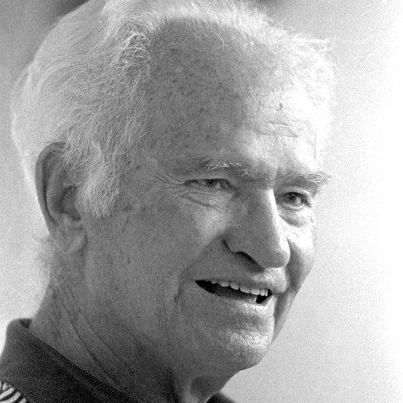Gregório Bezerra (1900-1983)

A constant Communist from Pernambuco, which always nurtured activists of that stripe. As a young man he had joined the Brazilian Army. Rising to the rank of sergeant, he was influenced by the red wave of the 1930’s. In 1935 this erupted into a revolt of enlisted men. The High Command cracked down and the rebels were thrown into harsh prison conditions. Gregório survived and returned to politics after 1945. When the military coup of 1964 engulfed the Northeast, heart of the organized opposition to the generals, Gregório was in the forefront of the protest.
The Army, which hadn’t forgotten his past, immediately arrested him, tied a rope around his neck, tied the other end to the back of an Army jeep and dragged him around the streets of Recife, to the jeers of right-wing spectators.
When I went to visit him in his modest flat, when the military still ruled, I was accompanied by Chico, my omnipresent mentor.
Gregório, now frail but in good spirits, was quite animated. We discussed the appalling state of Brazilian politics. Knowing of my interest in Brazilian history, he was quick to give me a late-issue product from his stash of hand-printed pamphlets lambasting the generals, his long-standing nemesis.
Now I had a problem. Since I was under off-and-on-again surveillance by the police, what could I do with them? Weeks later back at my hotel I packed them under folds of my dirty underwear to take with me on my next flight home.
Further Readings
Bezerra, Gregório. Memórias. Rio De Janeiro: Civilização Brasileira, 1979.
Cherino, Antonio Siqueira. Gregório Bezerra: toda a história. Recife: CEPE, 1996.
Gregório Bezerra was born in Panelas, Pernambuco. After serving in the army, Bezerra became a member of the Brazilian Communist Party (PCB) in 1930. Five years later, in collaboration with the National Liberal Alliance (ALN), he led a military uprising in Recife. In 1946 he was elected to the Brazilian Congress on the Communist Party’s ticket, but lost his mandate in 1948. After the military coup of 1964, Bezerra was arrested and tortured for organizing an armed resistance in support of João Goulart. In 1969, the government liberated Bezerra and 14 other political prisoners in exchange for the release of U.S. Ambassador to Brazil Charles Elbrick. In 1982, after severing ties with the PCB, Bezerra campaigned for a seat in the Chamber of Deputies in the Brazilian Democratic Movement Party (PMDB) and was elected as an alternate, and did not end up serving a term in the Brazilian Congress.

